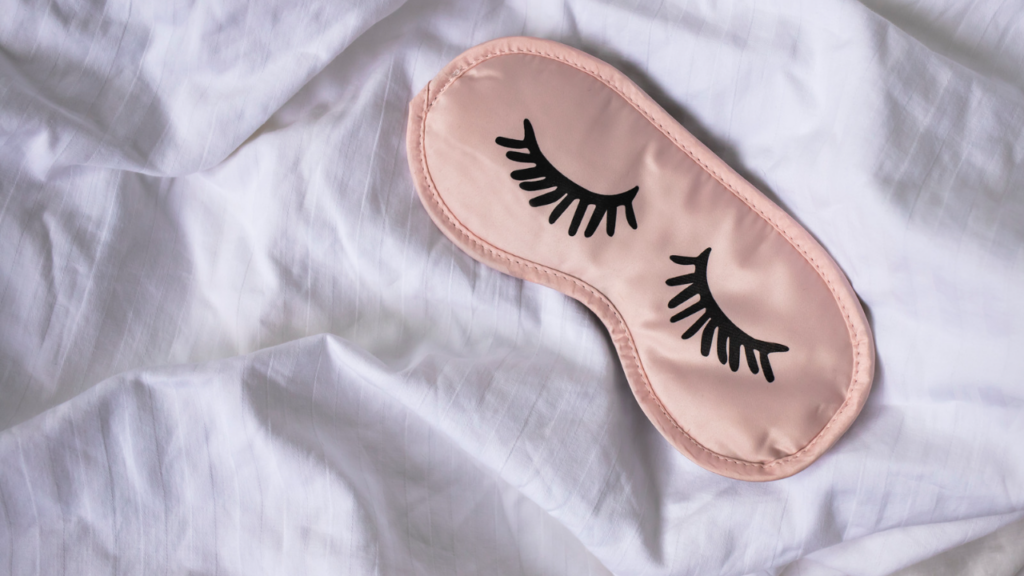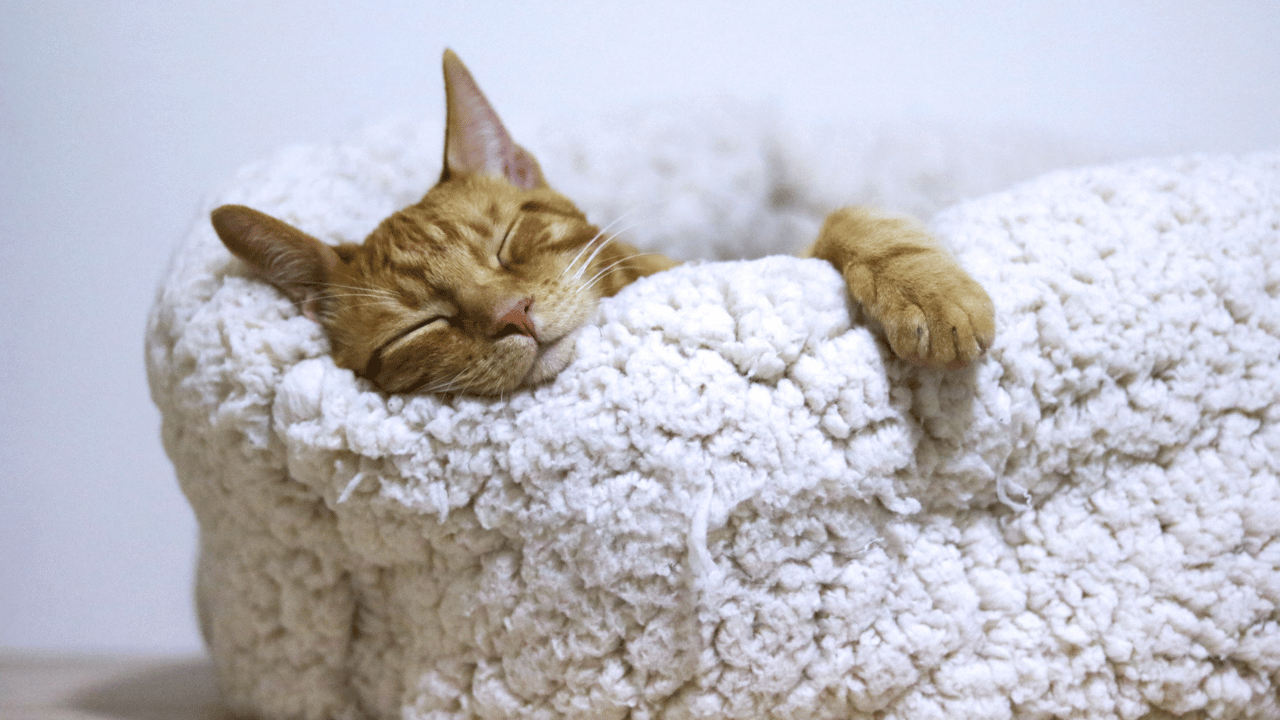Last Updated on April 7, 2023 by Kayla
How did you sleep last night? Coming off the weekend, perhaps you’re experiencing a case of “social jetlag” or extra fatigue?
Oftentimes I’m asked for advice about how to break a weight loss stall, and one of the first things I ask about is sleep quality.
Most people don’t appreciate the impact of sleep on weight management, and today, I hope to change that by teaching you how quality sleep can take you from Point A to Point Zzz in your weight loss journey.
A recipe for disaster
When you don’t get adequate rest, stress and hunger hormones are heightened. We joke about being “hangry,” and believe it or not, it’s a real thing!
You might recognize “hanger” by sudden drops in willpower, sugar or carbohydrate cravings, and increased irritability. Think about how hard it is to resist the donuts in the breakroom when you haven’t slept! 🍩
In terms of food quality, we make poorer food choices when we’re sleep-deprived, and we eat more. One study showed that a sleep-deprived person consumed about 400 more calories per day!
Now imagine this compounded over the course of a week, month, or even years! And we’ve hardly brushed the surface on how sleep impacts other metabolic factors.
In fact, sleep deprivation can actually undo some of the beneficial effects of bariatric and metabolic surgery by increasing the hunger hormone ghrelin.
The magic pill
Regardless of age, sleep is an integral component of optimal health, and truly, it’s the magic pill for weight loss.
Poor sleep quality is continuously appearing in the research as contributing to many poor health outcomes, including:
- Poor mental health
- Cardiovascular disease
- Insulin resistance
- Alzheimer’s disease
- Weakened immune system
- And much more!
So, if you feel like you’re doing all the right things, yet you struggle to lose weight or don’t have the energy you desire, take a good look at your sleep!

Counting sheeps
Most adults need 7-9 hours of sleep per night. That is actual sleep.
This doesn’t include the 45 minutes you lay in bed scrolling through TikTok. Or the three 10-minute segments of semi-consciousness when you pound the snooze button each morning.
Seven to nine hours of purebred sleep.
Considering that over 1/3 of adults get less than 7 hours of sleep per night, it’s no wonder why our health is in crisis.
To get better Zzzs, try implementing one of two of the following:
- Stick to consistent sleep & wakes times
- Eat at least 2-3 hours before going to sleep
- Avoid screens 30-60 minutes before bed
- Keep pets out of the bedroom (cruel, I know 🐈⬛)
- Have a pre-bedtime routine
- Limit alcohol and caffeine intake
So if sleep is sabotaging your weight loss, hopefully this week’s message is a stark reminder of how you can sleep your way up the ladder to better health!
Words from the Wise
“A good laugh and a long sleep are the best cures in the doctor’s book.”
Irish proverb
A quick look at history reveals several influential people who recognized the importance of sleep and often took the opportunity to enjoy a good nap.
Famous nappers from the past include Winston Churchill, Margaret Thatcher, Thomas Edison, and Albert Einstein. If they can take a break, you can too! 😴
If you’re struggling to find sustainable lifestyle strategies after weight loss surgery or you’re just not getting the support you deserve, come work with me!
Join my 30-day Back On Track Program for women after bariatric surgery or meet with me 1:1 to reach your weight loss and performance goals. Message me to see if we’re a good fit!
Yours truly,
Helping women after bariatric surgery lose weight without eating “perfect.” Learn how to balance blood sugar & optimize your “tool” today! Apply to learn more!
This post may contain affiliate links. When you make a purchase through any of the links, there is no additional cost to you, and I may earn a small (and very appreciated) commission. Thank you for your support!


